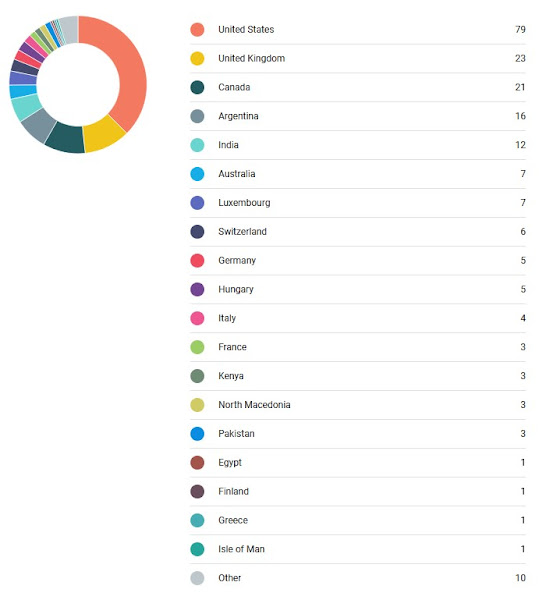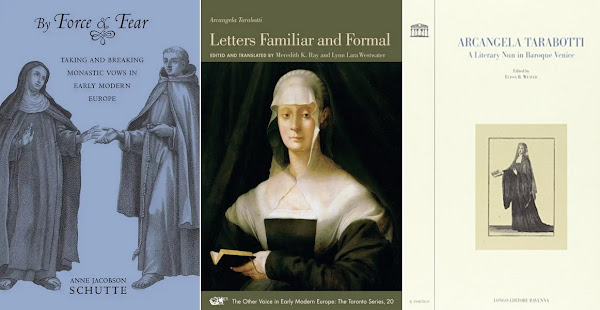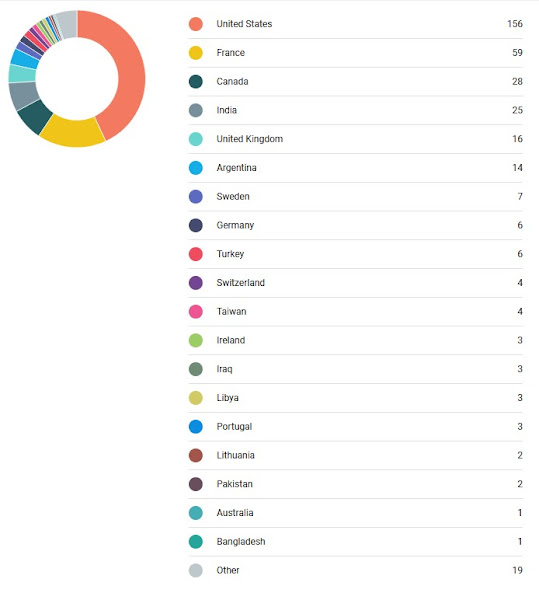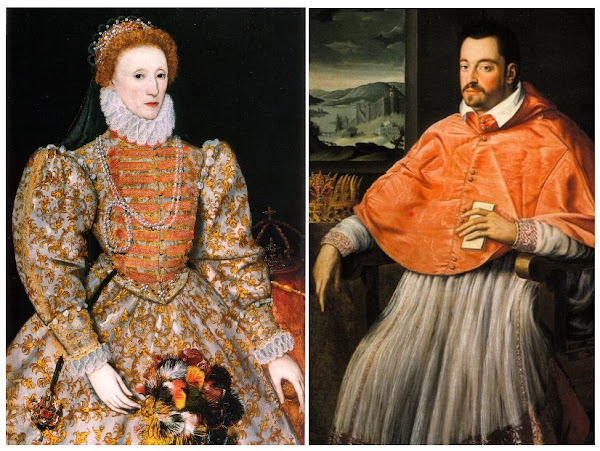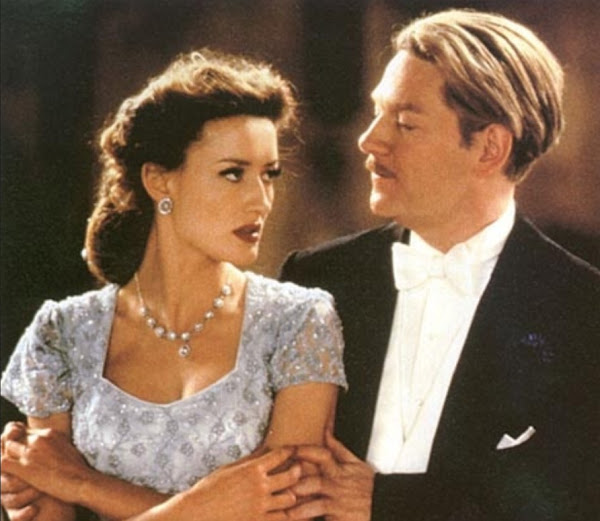The Black Rubric and Hamlet’s Feminizing of a Distant, Indifferent Divine
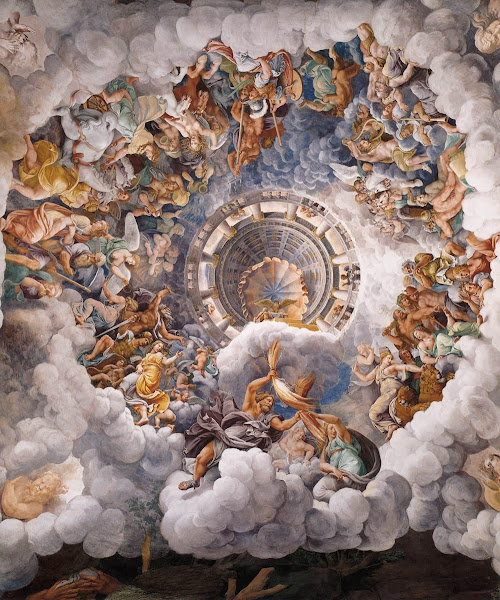
Consider two moments in Hamlet when it is made explicit: Maybe God is not paying attention to human suffering? THE FIRST is when the First Player tells the revenge tale of Priam’s death at the hands of Pyrrhus (2.2). Hecuba, Priam’s wife, watches. [See note #1 below: "Who in Shakespeare's England was like Hecuba, witness to a brutal killing of a loved one?"] The First Player says that the “synod” of the gods (like bishops and cardinals?) should take away the powers of the goddess Fortune (like an excommunicated Elizabeth I?), breaking her wheel, and “bowling” her “down the hill of heaven, / As low as to the fiends!” First Player: But if the gods themselves did see her [Hecuba] then, [/...] The instant burst of clamour that she made (Unless things mortal move them not at all) Would have made milch [milk] the burning eyes of heaven.... [In a fresco (circa 1532-1534) by Giulio Romano (1499–1546), the image above depicts the gods overcoming the titans. Public ...
